The Closure of Aqua: A Gaming NFT Marketplace
CEO Sean Ryan announced on LinkedIn last Friday that the gaming NFT marketplace Aqua has shut down. The decision was first shared last month and has now become official. Ryan explained that while Aqua had its successes, the Web3 gaming market did not scale as quickly as anticipated. He expressed his belief that gamers will eventually own their gaming assets but acknowledged that it will take more time than expected. Ryan, a former VP at Facebook, launched Aqua in 2022 and partnered with blockchain firms like Immutable and Polygon Labs. However, after less than two years in operation, the “player-focused” NFT gaming startup has closed its doors.
The Challenges Faced by Aqua
Ryan shared a graphic indicating that Aqua faced difficulties raising funds in a crypto gaming market with slower-than-expected growth. He admitted that being too early to market was a contributing factor to the closure. Aqua aimed to provide a gaming NFT marketplace and embedded marketplace solutions for game developers. The platform supported NFTs on Ethereum, as well as scaling networks like Polygon and Immutable X. Ryan emphasized that Aqua was designed for true gamers rather than speculative traders looking to profit from flipping gaming NFTs.
Competition in the Gaming NFT Marketplace Space
Aqua faced intense competition in the gaming NFT marketplace sector. Companies like Sequence have recently launched their own tools for developers to create in-game marketplaces. Other players in the space include G2A, which entered the NFT sales market, OpenSea, which revamped its gaming offerings but also laid off staff, and Magic Eden, which emphasized gaming as a core focus going forward. Aqua’s closure is not an isolated incident, as GameStop also announced the discontinuation of its NFT wallet due to regulatory uncertainty.
Hot Take: The Future of Gaming NFTs
The closure of Aqua raises questions about the future of gaming NFTs. While the concept of gamers owning their assets remains promising, it seems that the market is not yet ready for mass adoption. The challenges faced by Aqua and other platforms highlight the need for further development and innovation in this space. As the competition continues to grow, it will be interesting to see how the gaming NFT marketplace evolves and whether it can overcome its current obstacles to achieve mainstream success.
“At Aqua, we did some things well and some things not as well, but the Web3 gaming market isn’t scaling to a mass market size in a time frame that made sense,” Ryan wrote. “Therefore, it was time to call it a day and move on to other opportunities, especially for our awesome employees.”
“I’m still a firm believer in the idea that gamers will own their gaming assets, but it’s going to take a bit longer [than] we had all hoped,” the CEO added.
Ryan, who previously worked as a VP at Facebook, launched Aqua in 2022 and partnered with blockchain firms like Immutable and Polygon Labs. Now, after less than two years, the “player-focused” NFT gaming startup has closed its doors.

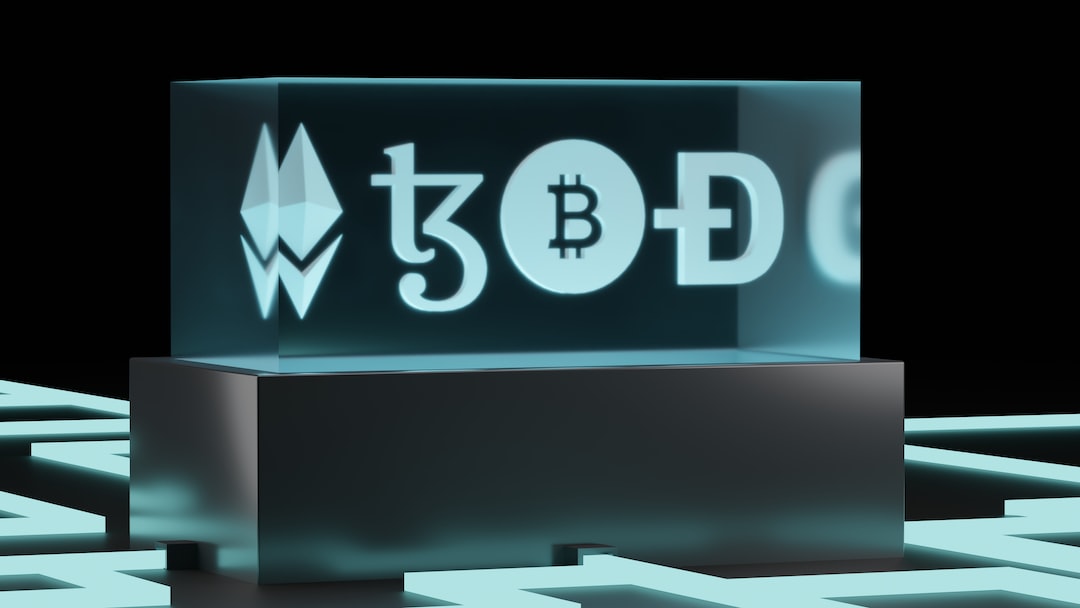
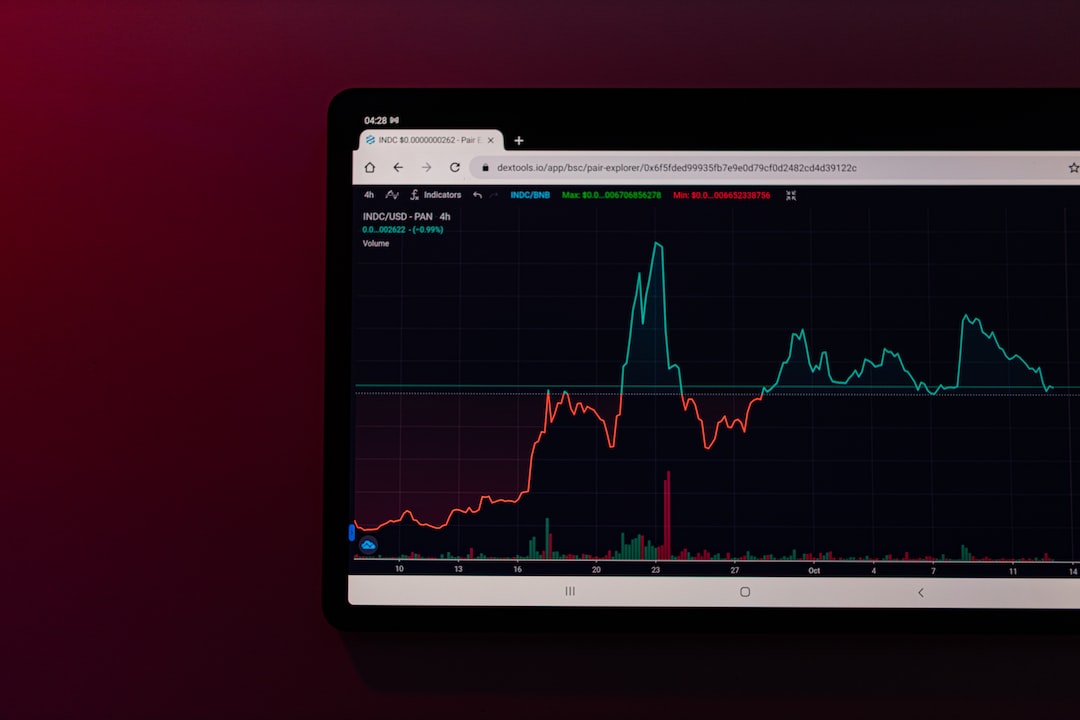
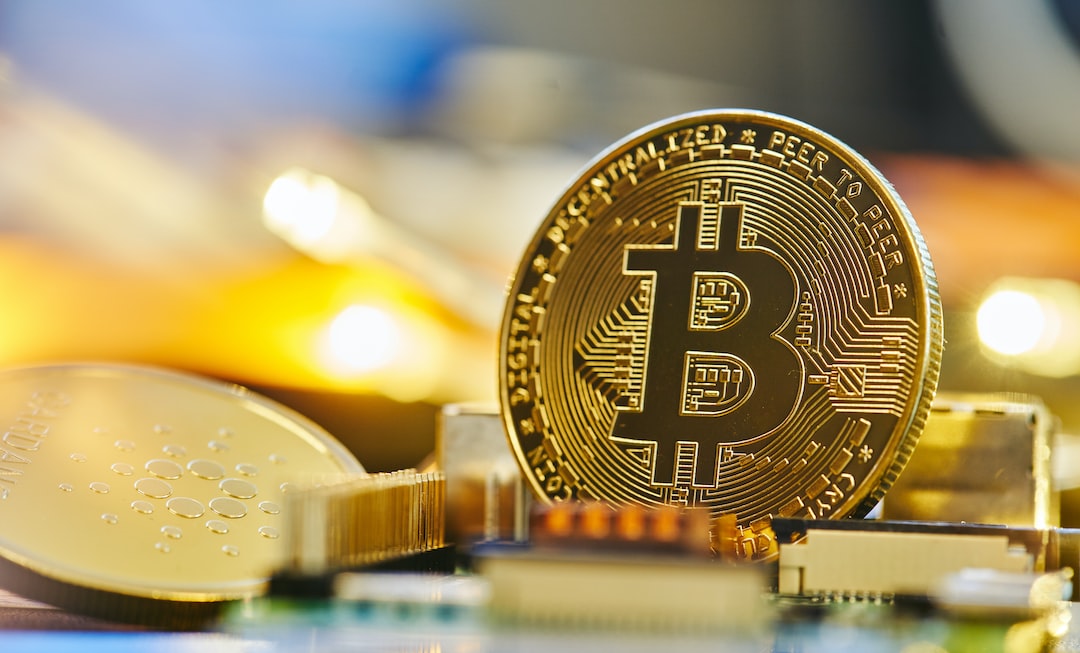

 By
By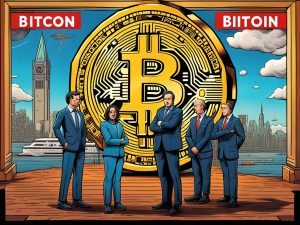
 By
By
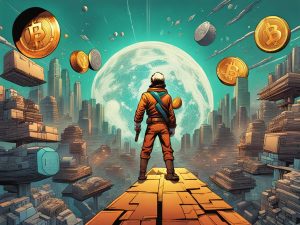
 By
By
 By
By
 By
By